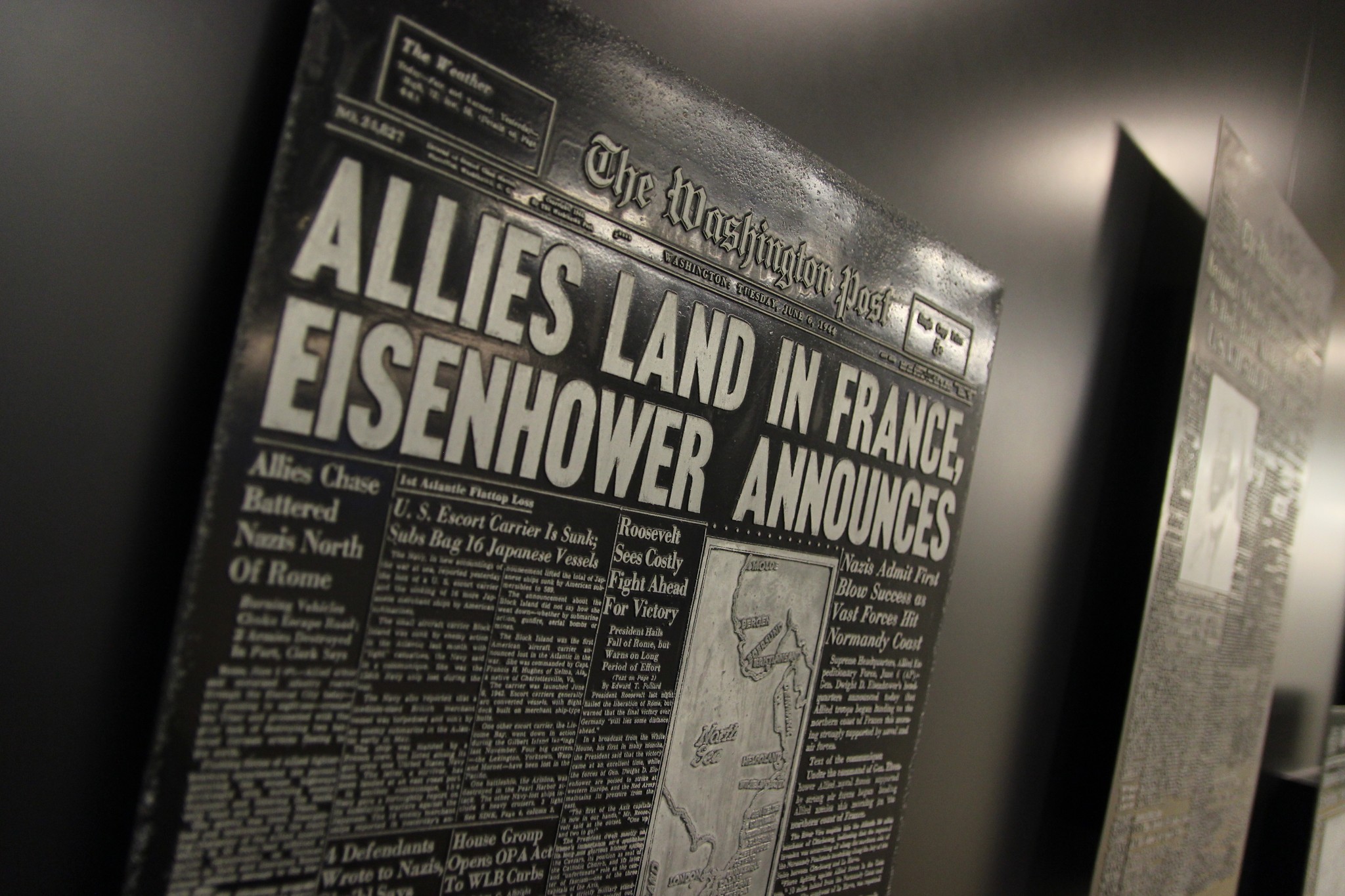Bruce Marable, CEO of human resources analytics startup Employee Cycle, has been sharing best practices from HR pros with listeners of his company’s podcast for the last four years.
He’s discussed topics like retirement, corporate social responsibility and the gender pay gap with a myriad of guests, but, like the rest of the world, has recently pivoted to how the industry is dealing with the ongoing coronavirus pandemic.
Each podcast episode for the foreseeable future will focus on “how to help reduce employee stress and anxiety during coronavirus,” Marable said. The CEO is interviewing HR and business leaders across the country on how they’re dealing with the pandemic in real time.
The latest episode features Fishtown-based O3 World’s director of people and culture, Beth Perkins, on “navigating a new normal” during the health crisis, including remote work, and what is and isn’t working for the 46-person company.
“We’ve always had a pretty strong come-to-work culture, so this has been a pretty dramatic shift for us,” Perkins told Marable.
She added that the company’s response plan evolved very quickly, first telling employees in early March that they were implementing a voluntary work from home policy, and then a few days later making a plan for closing the office entirely.
One thing that leaders in the company realized, Perkins said, was a voluntary WFH policy may not get used by people who actually need it out of fear of being perceived a certain way. She said the only thing they would have changed is making that policy mandatory from the get-go.
What’s surprised her is the team’s ability to maintain high sprits and find ways to support coworkers who are struggling through things like casual video chats. The team is also adjusting to alternate working times to making being at home with kids or partners successful.
“We’re trying to be really mindful about creating opportunities for human connection,” Perkins said. “We’ve seen that we can do [the work], and now it’s really about keeping people connected, keeping people’s spirits high and letting people focus on their own mental health.”
For them, that means work includes daily standups to check in, talking about what’s evolving and mandating that meetings are “cameras on,” aka being able to actually see each others’ faces in meetings. And yes, they’ve hosted a virtual happy hour.
“It was really fun to to see people’s homes, the different wallpaper, what they chose to drink and just how they’re letting loose outside the day-to-day of work,” Perkins said.
Marable said these COVID-19-focused episodes are different because they’re much shorter and “straight to the point” interviews dealing with the real-time needs of companies during this crisis. Currently, Marable has three episodes focusing on HR during the health crisis, but he sees more in the future as the industry continues to handle this evolving situation.
Topics during this time will include “how to help employees stay healthy, keep engaged, deal with their new normal, stay connected during isolation and all other things to help employees get through these crazy times together,” he said.







